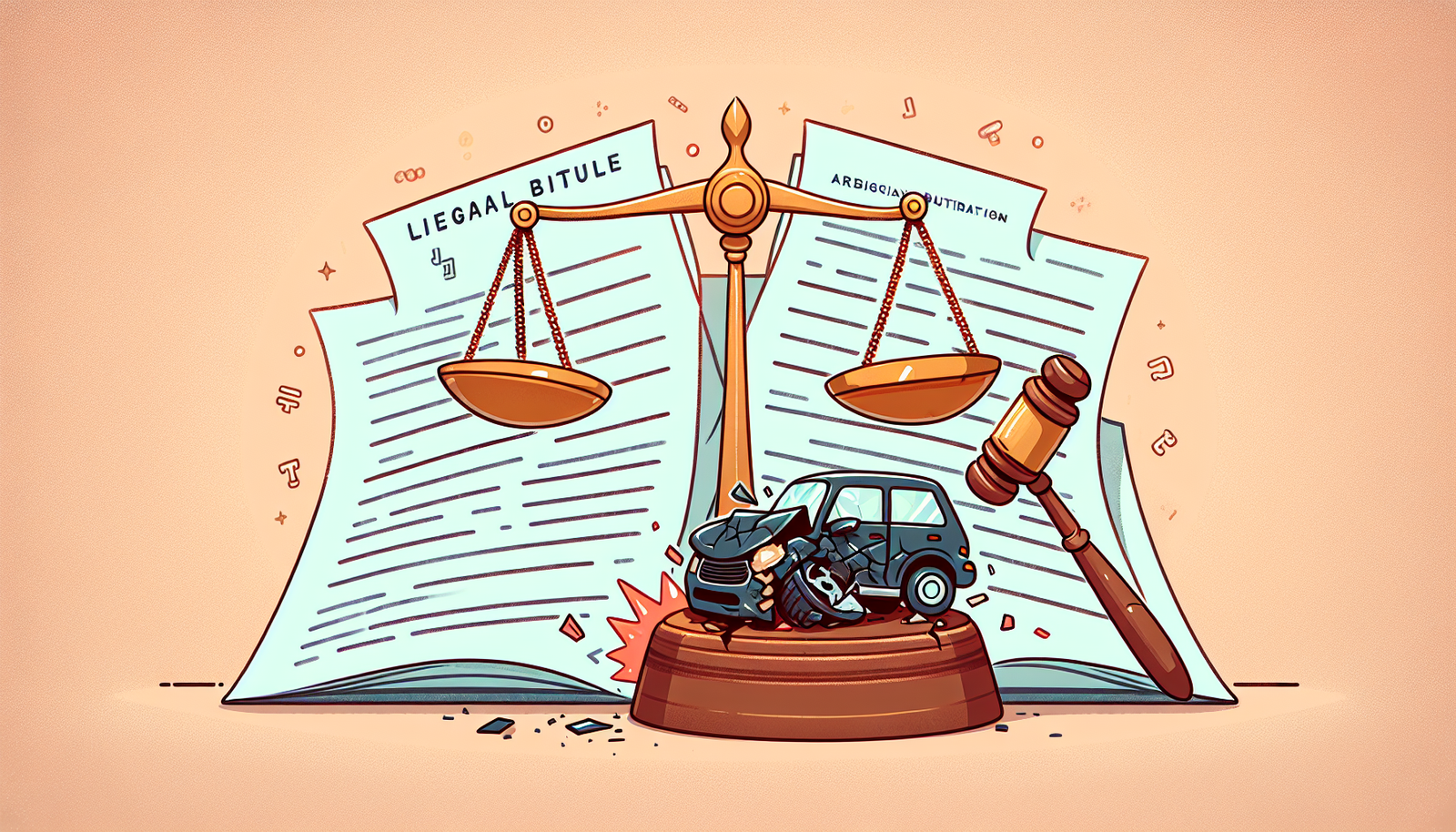Uber’s Mandatory Arbitration Upheld in Case Over Severe Crash Injuries
A married couple, Georgia and John McGinty, have found themselves unable to sue Uber after suffering severe injuries in a car accident. The New Jersey Superior Court appellate division ruled that a mandatory arbitration provision within Uber’s terms of use, which Georgia had previously agreed to, is enforceable.
In November 2023, a lower court had initially denied Uber’s request to compel arbitration and dismiss the lawsuit. However, on September 20, 2024, the appellate court reversed this decision in a unanimous ruling.
Background of the Case
The incidents date back to March 31, 2022, when the McGintys were in the back seat of an Uber vehicle. The driver, Jia Wen Zheng, allegedly ran a red light, resulting in a T-bone collision. Georgia sustained significant injuries, including spinal fractures and abdominal trauma, while John suffered a fractured sternum and severe arm injuries.
Georgia had agreed to Uber’s arbitration clause long before the incident, but the couple contended that their minor daughter, then 12, had unintentionally accepted new terms just prior to ordering food through Uber Eats, which included the arbitration provision.
Court Ruling Details
The appellate judges found that Georgia had logged into her Uber account and agreed to the terms, although the couple asserted that it was their daughter who ultimately clicked the confirmation box. The ruling underscored that the terms included a binding arbitration requirement that precluded them from pursuing legal action in court.
The court emphasized that specificity in waiver language isn’t mandatory for enforceability. Despite the more recent terms lacking explicit mention of jury trials, the language used indicated that disputes must be resolved through arbitration.
The judges pointed out:
“Magic words are not required for enforceability and the clause clearly intimates that disputes are resolved through arbitration.”
Determination of the daughter’s capacity to agree to these terms was delegated to the arbitrator.
McGintys’ Response
Following the ruling, the McGintys expressed frustration, feeling that they had unknowingly forfeited their right to a judicial trial. Georgia remarked:
“How would I ever remotely think that my ability to protect my constitutional rights to a trial would be waived by me ordering food?”
Uber, in its defense, insisted that Georgia had adequately agreed to their terms multiple times, including a pop-up alert about updates which required user approval to continue using the app.
Context of the Arbitration Agreement
The appellate court’s ruling followed a trend where similar arbitration agreements have been upheld in previous cases, including a Massachusetts Supreme Judicial Court ruling that affirmed Uber’s terms of use in an injury case involving a paralyzed passenger.
The McGintys’ legal battle highlights the complexities and potential pitfalls of digital contract agreements, particularly in ride-sharing services, where users may not be fully aware of the implications of accepting updated terms.
Conclusion
As a result of the ruling, any compensation the McGintys seek from Uber for their injuries will now be subject to arbitration rather than being resolved in court. This case sheds light on the ongoing legal discussions surrounding the enforceability of arbitration clauses in consumer contracts, especially when agreements are made by minors or under ambiguous circumstances.

